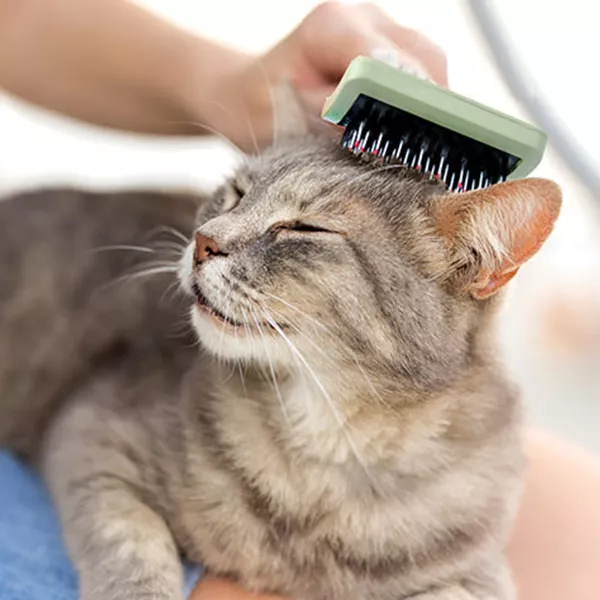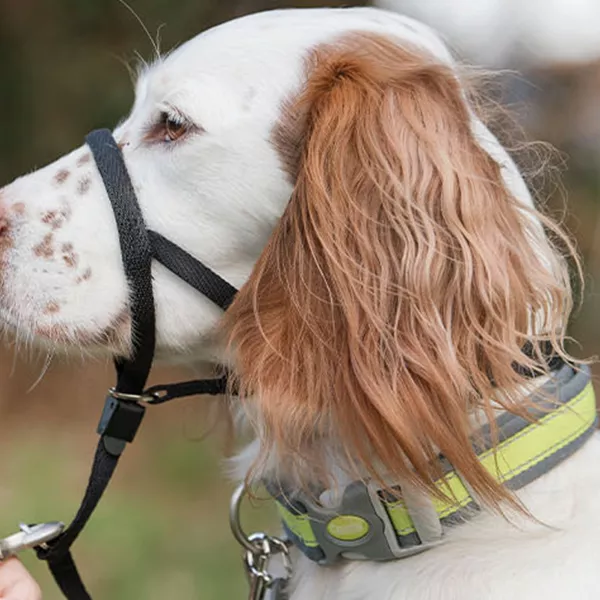Coastal Pet Blog

Getting the Most Out of Your dog Training Experience
ABC, Animal Behavior College, Dog Training
Monday, January 29, 2024
Congratulations! You and your four-legged friend are following in the footsteps (and paw steps) of millions before you and are going to dog training class. As a professional dog trainer with over 4 decades of experience, here are some tips to help you and your dog get the most out of the experience.
Continue reading >
Cat Grooming, Animal Behavior College, Guest Blog
Monday, November 27, 2023
Upon hearing "Grooming Essentials," many people automatically think of dog grooming. This is understandable, given that more pet parents have their dogs professionally groomed than their cats. That doesn't mean cats can't or shouldn't be groomed, and even if you don't consider taking your kitty to a grooming salon, it doesn't mean you can't perform essential grooming with your cat at home.
Continue reading >
Training Tips from Animal Behavior College
Animal Behavior College, Training
Tuesday, February 7, 2023
Written by Steven Appelbaum, President – Animal Behavior College Many of you might not realize this, but February is National Dog Training Education Month and Responsible Pet Owners Month. In addition, February 27th is International Polar Bear Day, and as a professional animal trainer, President of Animal Behavior College, and passionate animal lover, I want to comment on all three.
Continue reading >
Harness vs. Collar, which is best to use when training your dog?
Dog Training, Animal Behavior College
Monday, November 28, 2022
The question of which tools are best to train dogs has been discussed among pet owners and dog trainers for decades. For many years, the standard tools for teaching basic obedience commands (AKA cues) were a six-foot leather or nylon leash and a properly fitting slip collar, more commonly known as a “choke chain.” However, times change, as do preferences and attitudes. Nowadays, many trainers elect not to use a slip collar and instead opt for a body harness or head collar.
Continue reading >